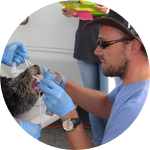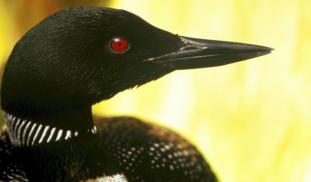Please wait...
About This Project
Many species of wildlife are exposed to lead in the environment, sometimes with devastating consequences. Some impacts are highly visible and well-documented, but many lesser-known species may be heavily impacted by lead poisoning too. Active surveillance is used to minimize the harms of lead poisoning, particularly in children. We aim to develop a system of active surveillance for lead poisoning in wildlife based on wildlife rehabilitation patients and hunter-harvested waterfowl.

Browse Other Projects on Experiment
Related Projects
Do Australian bats have what it takes to survive the deadly White Nose Syndrome?
Australian bats are at risk from the deadly fungal disease White Nose Syndrome (WNS), which is expected...
Are climate change and air pollution triggering cardiovascular disease?
Ongoing global climate change and air pollution emissions pose a major threat to cardiovascular health...
Can blood lactate levels help guide treatment for birds suffering from monofilament line entanglement injuries?
Fishing line entanglement injuries are a common problem affecting over 200 different wildlife species globally...





